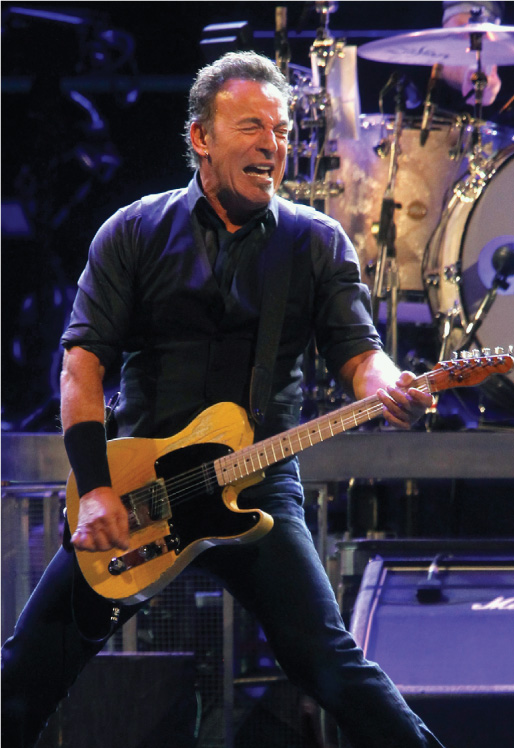StubHub Shows Up The Boss
Back in 1965, long before Ticketmaster, StubHub, and TicketsNow, legendary rock music promoter Bill Graham noticed that mass parties erupted wherever local rock groups played. Graham realized that fans would pay for the experience of the concert, in addition to paying for a recording of the music. He went on to create the business of rock concert promoting—

Wanting to maintain the aura of the 1960s that made rock concerts accessible to all their fans, many top bands choose to price their tickets below the market equilibrium level. For example, in 2009 Bruce Springsteen sold tickets at his concerts in New Jersey (his home state and home to his most ardent fans) for between $65 and $95. Tickets for Springsteen concerts could have sold for far more: economists Alan Krueger and Marie Connolly analyzed a 2002 Springsteen concert for which every ticket sold for $75 and concluded that The Boss forfeited about $4 million by not charging the market price, about $280 at the time.
So what was The Boss thinking? Cheap tickets can ensure that a concert sells out, making it a better experience for both band and audience. But it is believed that other factors are at work—
But the rise of the Internet has made things much more complicated. Now, rather than line up for tickets at the venue, fans buy tickets online, either from a direct seller like Ticketmaster (which obtains tickets directly from the concert producer) or a reseller like StubHub or TicketsNow. Resellers (otherwise known as scalpers) can—
This practice has infuriated fans as well as the bands. But resellers have cast the issue as one of the freedom to dispose of one’s ticket as one chooses. In recent years, both sides—
Questions for Thought
Question
1. Using the concepts of consumer surplus and producer surplus, draw a diagram to illustrate the exchange between The Boss and his fans. Explain your findings. (Hint: ticket supply is perfectly inelastic.)
Question
2. How has the rise of Internet resellers changed the allocation of surplus between The Boss and his fans?
Question
3. Using your diagram from the the first question, explain the effect of resellers on the allocation of consumer surplus and producer surplus in the market for concert tickets. What are the implications of the Internet for all such exchanges?